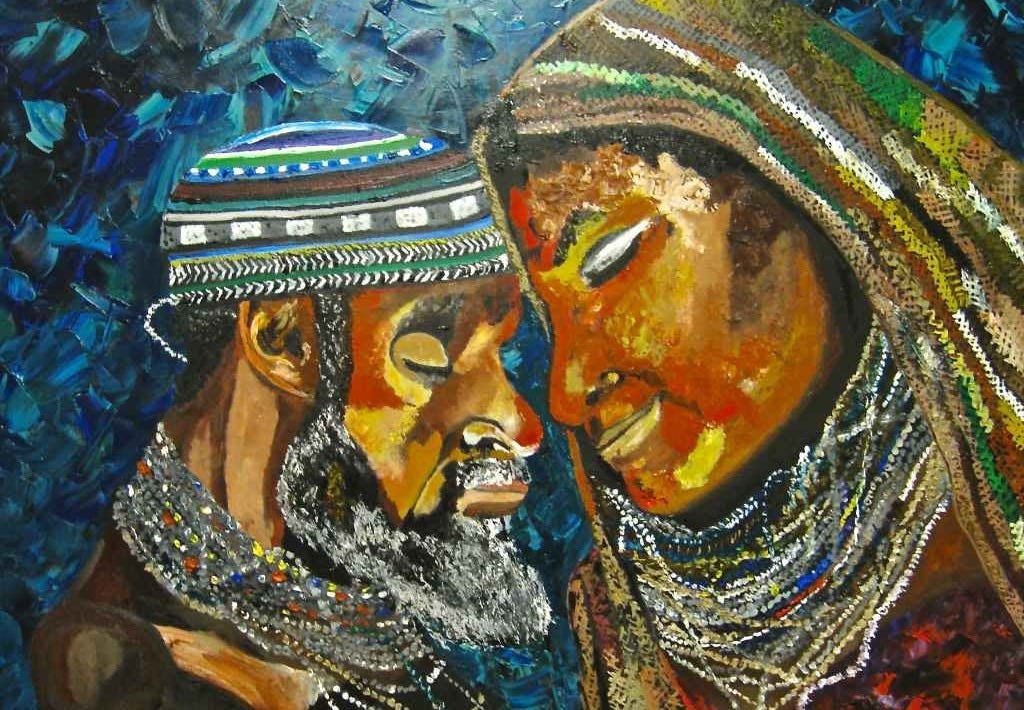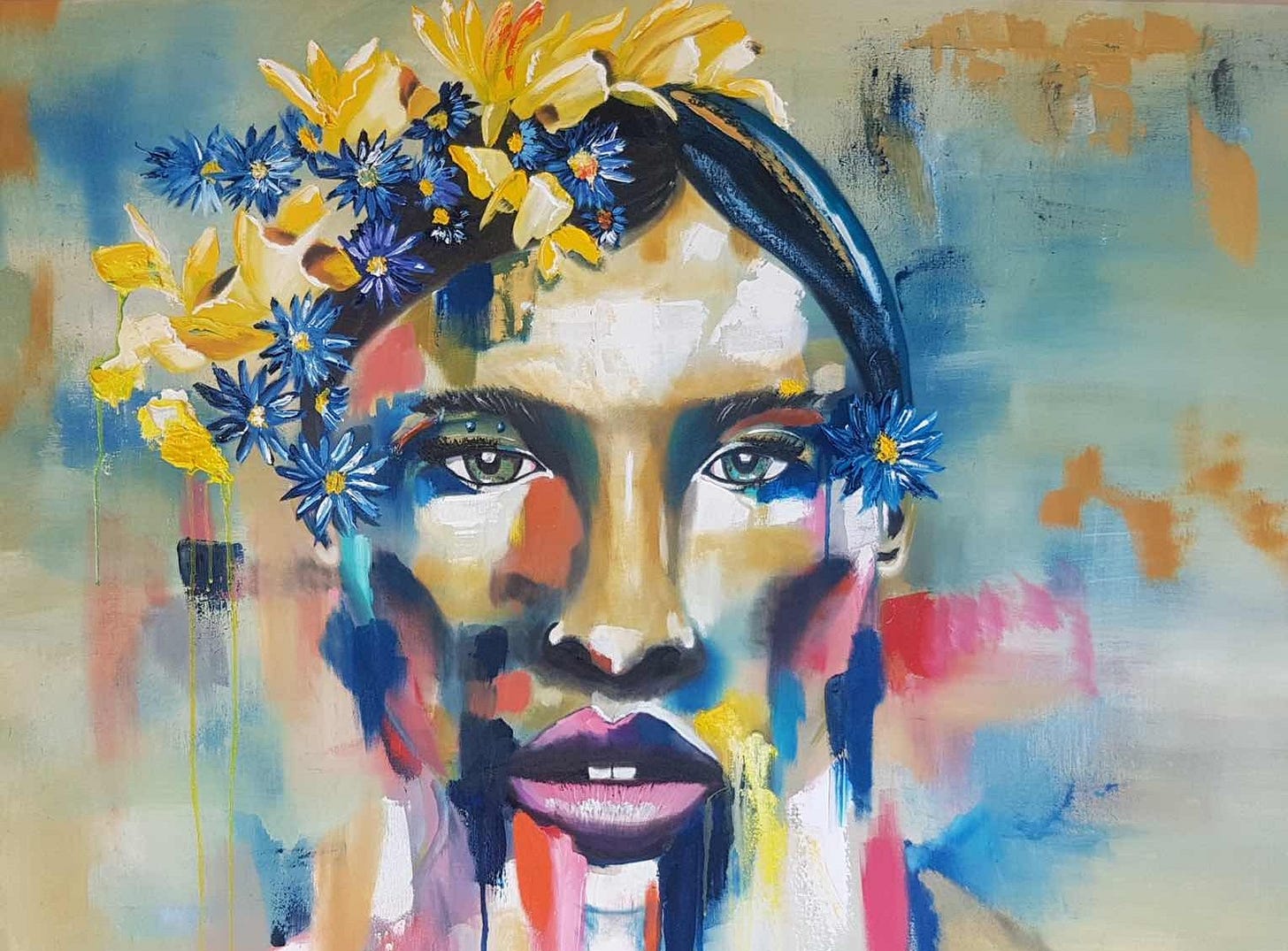Sawubona, "I See You"
Musings 📝 (4m read)
I love the quiet rhythm of this time of year in San Francisco—the way the cold air settles, the short days invite reflection, and the city moves at a gentler pace. I’m mourning the absence of someone I’ve grown to care about deeply. Another year passes, and with it, another goodbye—not just to a tennis partner, but to someone who truly left a mark on my heart.
I can’t help but replay the bittersweet memory of dropping Scott and his partner Maggie off at SFO, feeling the sharp pull of gratitude and loss all at once. There was an unspoken weight in that fleeting, special moment—a sense that something was left unsaid. If I could only rewind time, there is just one last thing I would say to him, Sawubona.
Sawubona is a Zulu greeting that means "I see you"
My Dad turned 81 this week, and he’s grown fond of saying, “I’m living on borrowed time.” The phrase drives my Mom crazy—I’m not sure if it’s because he keeps repeating himself or because it triggers her fear that he is slowly leaving us.
When I visited my parents for Thanksgiving, my Dad and I took daily hour-long walks along the beach. The beach is a little over a block away from their house, but for an octogenarian, just getting to the sand takes up half the time. He delights in watching the dogs frolic in the waves, darting around and chasing one another.
When I visit again for Christmas, I’ve made a promise to myself: look my Dad in the eyes and, from the heart, tell him something he probably won’t fully hear or understand. I’ve decided to make this part of our ritual: giving him a big hug and say Sawubona, a word that, for me, conveys everything I feel: “I see, appreciate and love you.”
Sawubona is much more than a greeting; it's a way to recognize the worth and dignity of each person. It implies that the speaker sees the whole of the other person, including their experiences, passions, pain, strengths, weaknesses, and future.
It’s been over a year since I last said Sawubona. I’ve missed the power of this mantra—how it feels to let it roll off my tongue, to embody it. Strangely enough, I’ve never used it in its traditional sense as a greeting—it feels more appropriate to employ in moments where someone has let me truly see them.
I first shared it with someone I felt an instant and profound connection with, someone I could be completely vulnerable around and someone I loved deeply. Sawubona became our word, a sacred expression of everything I felt in our dynamic. I long for the intoxicating dance of souls laid bare, her eyes holding mine like a sacred mirror, the fragile, aching joy of feeling seen, and the gentle, melodic whisper of Sawubona softly echoing between us.
As I dive deeper into this writing journey, I’ve been searching for words that spiritually and poetically express feeling connected through courageous vulnerability. Sawubona perfectly encapsulates that. It’s time for me to reclaim this creed, to weave it into my writing and my daily life.
Paying Homage
I hope Sawubona, with all its poetic beauty, remains sacred, protected from misappropriation and the shallow commoditization so common on social media. Let’s agree to use it sparingly and with sincere intent.
Cinematic Poem 🎥
video created using the The Possible Co




